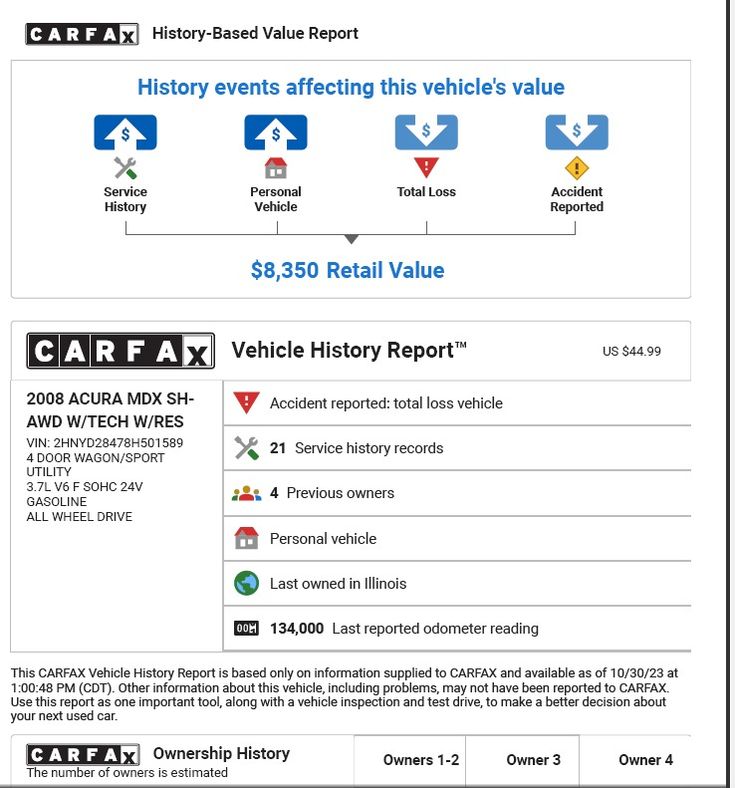Introduction:
Buying a car is a significant financial decision, and it's crucial to ensure you're getting a fair deal. Navigating the car buying process can be overwhelming, especially with the pressure from salespeople and the abundance of information available. This guide will equip you with the knowledge and tools to confidently evaluate a car deal and make an informed decision. We'll explore key factors to consider, including the vehicle's price, financing options, and potential hidden costs. By understanding these elements, you can avoid overpaying and secure a deal that aligns with your budget and needs.

Research and Preparation:
Before stepping foot in a dealership, it's essential to do your homework. Start by identifying your needs and preferences. Consider factors like vehicle type, size, fuel efficiency, and features. Once you have a clear idea of what you're looking for, research the market value of your desired car. Utilize online resources like Kelley Blue Book, Edmunds, and NADA Guides to get an accurate estimate of the fair market value. This information will serve as a benchmark when negotiating with the dealer.
Understanding the Deal:
When presented with a car deal, carefully review all the details. Pay close attention to the following:
- Vehicle Price: The sticker price is the manufacturer's suggested retail price (MSRP), but it's rarely the final price you'll pay. Negotiate for a lower price based on your research and the dealer's invoice price.
- Financing Options: If you're financing, compare interest rates and loan terms from different lenders. Consider pre-approval from your bank or credit union to leverage better rates.
- Trade-in Value: If you're trading in a vehicle, get an appraisal from multiple dealerships to ensure you're receiving a fair value.
- Fees and Taxes: Be aware of additional fees like documentation fees, registration fees, and sales tax. These costs can add up, so factor them into your overall budget.
Negotiating the Deal:
Negotiating is an essential part of the car buying process. Be prepared to walk away if you're not satisfied with the deal. Here are some tips for successful negotiation:
- Be Firm but Polite: State your desired price and stick to it. Don't be afraid to walk away if the dealer won't budge.
- Focus on the Bottom Line: Don't get caught up in the details of individual fees. Negotiate the overall price and financing terms.
- Be Willing to Compromise: You may not get everything you want, but be willing to compromise on certain aspects to reach an agreement.
Finalizing the Deal:
Once you've agreed on a price, carefully review the final contract before signing. Ensure all the details are accurate, including the vehicle price, financing terms, and any additional fees. Don't hesitate to ask questions if anything is unclear. After signing the contract, take the time to thoroughly inspect the vehicle before driving it off the lot.
Conclusion:
Evaluating a car deal requires careful research, preparation, and negotiation. By following the steps outlined in this guide, you can increase your chances of securing a fair and favorable deal. Remember to be informed, confident, and willing to walk away if necessary. With a little effort, you can find the perfect car at a price that fits your budget.





